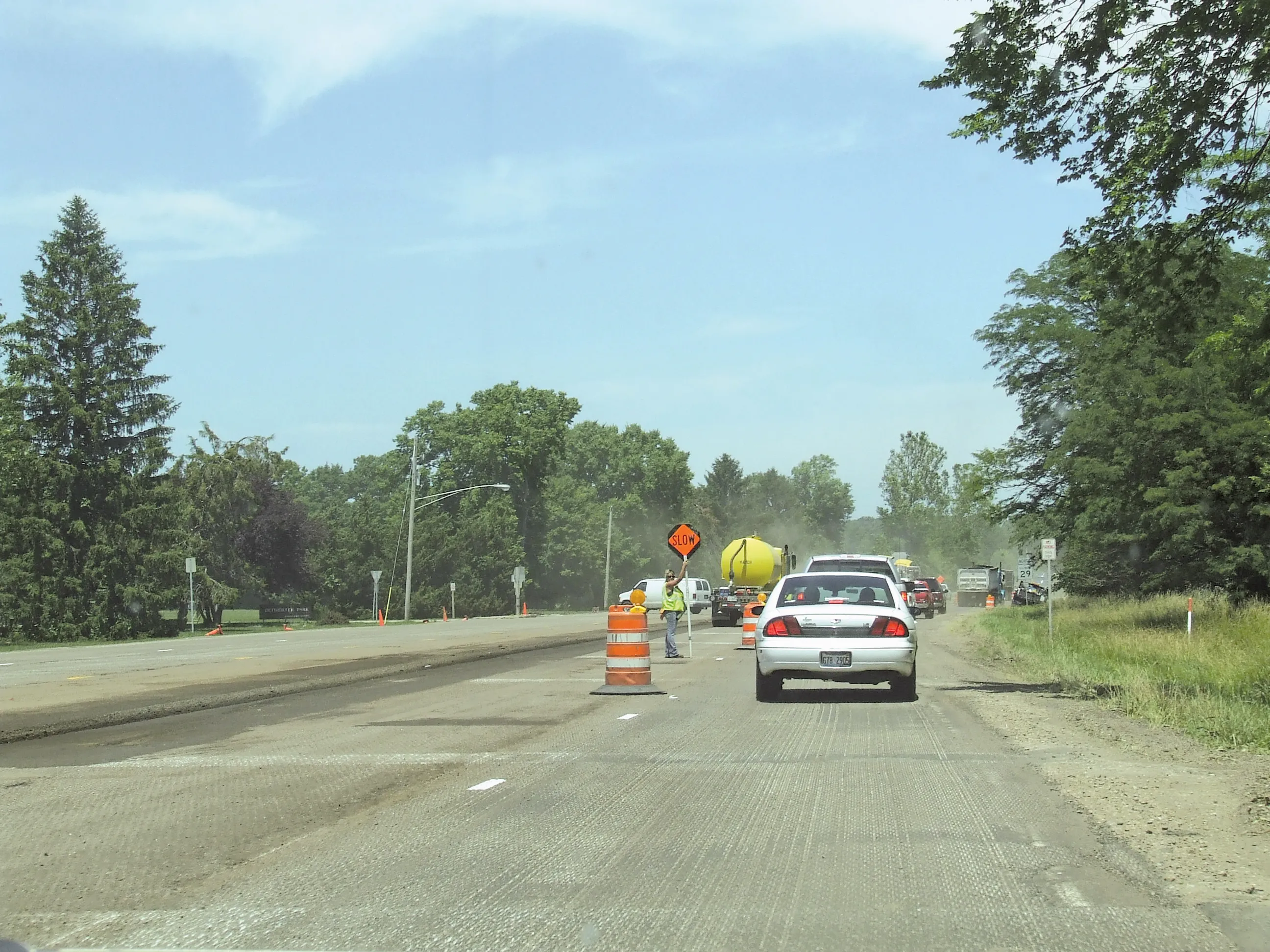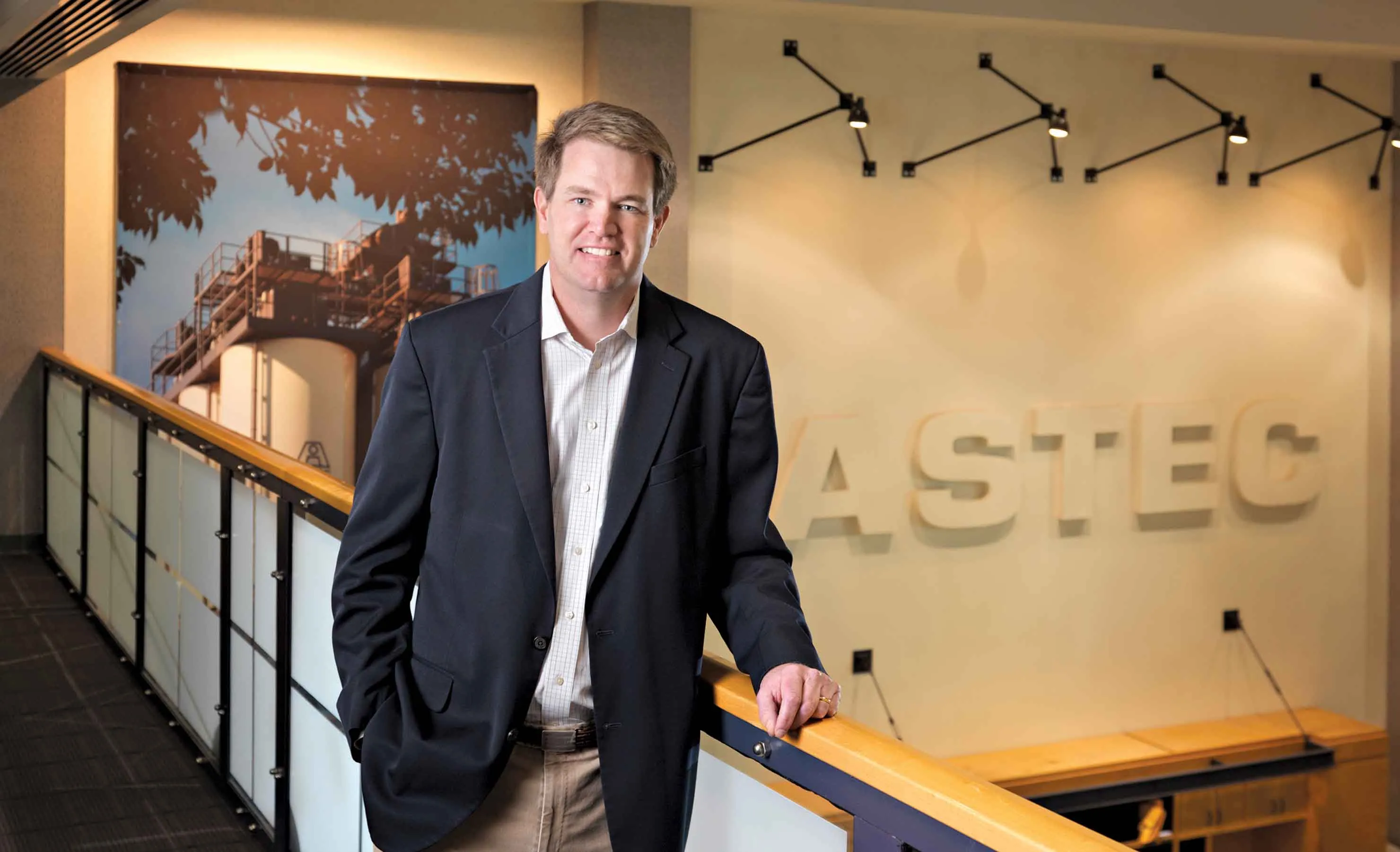A leading US regional business association figure has called for “innovative thinking” on transport infrastructure funding and the “aggressive exploration” of new funding sources to help achieve a more prosperous America. Writing in the Cincinnati Enquirer, Ellen van der Horst, president and CEO of the Cincinnati USA Regional Chamber, said: “Just as innovation leads to improvements in the way we do business, innovative thinking can also lead to improvements in the way we fund infrastructure. And the need fo
August 21, 2012
Read time: 3 mins
A leading US regional business association figure has called for “innovative thinking” on transport infrastructure funding and the “aggressive exploration” of new funding sources to help achieve a more prosperous America.
Writing in the Cincinnati Enquirer, Ellen van der Horst, president and CEO of the6421 Cincinnati USA Regional Chamber, said: “Just as innovation leads to improvements in the way we do business, innovative thinking can also lead to improvements in the way we fund infrastructure. And the need for innovative thinking is more important now than ever.
“Investment in transportation infrastructure is critical to the growth of our economy. It impacts the very core of our economic competitiveness.
“Businesses depend on a transportation network that is safe, reliable and cost-effective. As congestion increases, the movement of product and people slows, adding significantly to the cost of doing business and crippling our ability to compete.”
Van der Horst said the vital importance to the economy of reduced highway congestion was fuelling Cincinnati USA Regional Chamber’s vocal support for rebuilding the Brent Spence Bridge, and the building of a new $60 million interchange at Interstate 71 and Martin Luther King Drive.
She added: “Both projects are essential to the effectiveness of our regional transportation system. They must be funded now. But there is no money, and the reasons are clear. A sputtering economy, high fuel prices, inflation and more fuel-efficient vehicles make for fewer dollars to fund transportation.
“Some say that Washington will fund our rails, roads and bridges, but that’s wishful thinking. In fact, Washington has struggled to fund a long-term transportation bill at a level adequate to meet our increasing transportation infrastructure needs. To its credit, a bill was passed in June, but the funding remains at 2005 levels.
“Earlier this month, the2410 Federal Highway Administration announced a $3.3 million Brent Spence Bridge grant. While the sum may seem hefty, it covers roughly one-tenth of one percent of the $2.6 billion price tag.
“Transportation dollars are in short supply in Ohio as well. In fact, the state has a $1.6 billion shortfall in the funds needed to complete existing major projects.
“For these reasons, the chamber supports aggressive exploration of innovative sources of funding. We need to examine new programs and methods of funding all transportation infrastructure projects.”
The Ohio Department of Transportation (ODOT) is reportedly examining strategies to unlock new sources of revenue to fund its growing list of projects, with some already yielding results. ODOT recently reported that efforts to create greater operational efficiencies within the agency translated into an additional $400 million for new construction projects.
Other possible sources of new revenue being explored include leasing rest stops, leasing or bonding against the Ohio Turnpike, and combining project design, construction and financing in the same package to reduce costs and spread payments over time.
“The Cincinnati USA Regional Chamber believes all of these ideas must be fully explored – along with other types of public-private partnerships – to determine if they can help keep our transportation system in top form,” added Van der Horst.
Writing in the Cincinnati Enquirer, Ellen van der Horst, president and CEO of the
“Investment in transportation infrastructure is critical to the growth of our economy. It impacts the very core of our economic competitiveness.
“Businesses depend on a transportation network that is safe, reliable and cost-effective. As congestion increases, the movement of product and people slows, adding significantly to the cost of doing business and crippling our ability to compete.”
Van der Horst said the vital importance to the economy of reduced highway congestion was fuelling Cincinnati USA Regional Chamber’s vocal support for rebuilding the Brent Spence Bridge, and the building of a new $60 million interchange at Interstate 71 and Martin Luther King Drive.
She added: “Both projects are essential to the effectiveness of our regional transportation system. They must be funded now. But there is no money, and the reasons are clear. A sputtering economy, high fuel prices, inflation and more fuel-efficient vehicles make for fewer dollars to fund transportation.
“Some say that Washington will fund our rails, roads and bridges, but that’s wishful thinking. In fact, Washington has struggled to fund a long-term transportation bill at a level adequate to meet our increasing transportation infrastructure needs. To its credit, a bill was passed in June, but the funding remains at 2005 levels.
“Earlier this month, the
“Transportation dollars are in short supply in Ohio as well. In fact, the state has a $1.6 billion shortfall in the funds needed to complete existing major projects.
“For these reasons, the chamber supports aggressive exploration of innovative sources of funding. We need to examine new programs and methods of funding all transportation infrastructure projects.”
The Ohio Department of Transportation (ODOT) is reportedly examining strategies to unlock new sources of revenue to fund its growing list of projects, with some already yielding results. ODOT recently reported that efforts to create greater operational efficiencies within the agency translated into an additional $400 million for new construction projects.
Other possible sources of new revenue being explored include leasing rest stops, leasing or bonding against the Ohio Turnpike, and combining project design, construction and financing in the same package to reduce costs and spread payments over time.
“The Cincinnati USA Regional Chamber believes all of these ideas must be fully explored – along with other types of public-private partnerships – to determine if they can help keep our transportation system in top form,” added Van der Horst.









